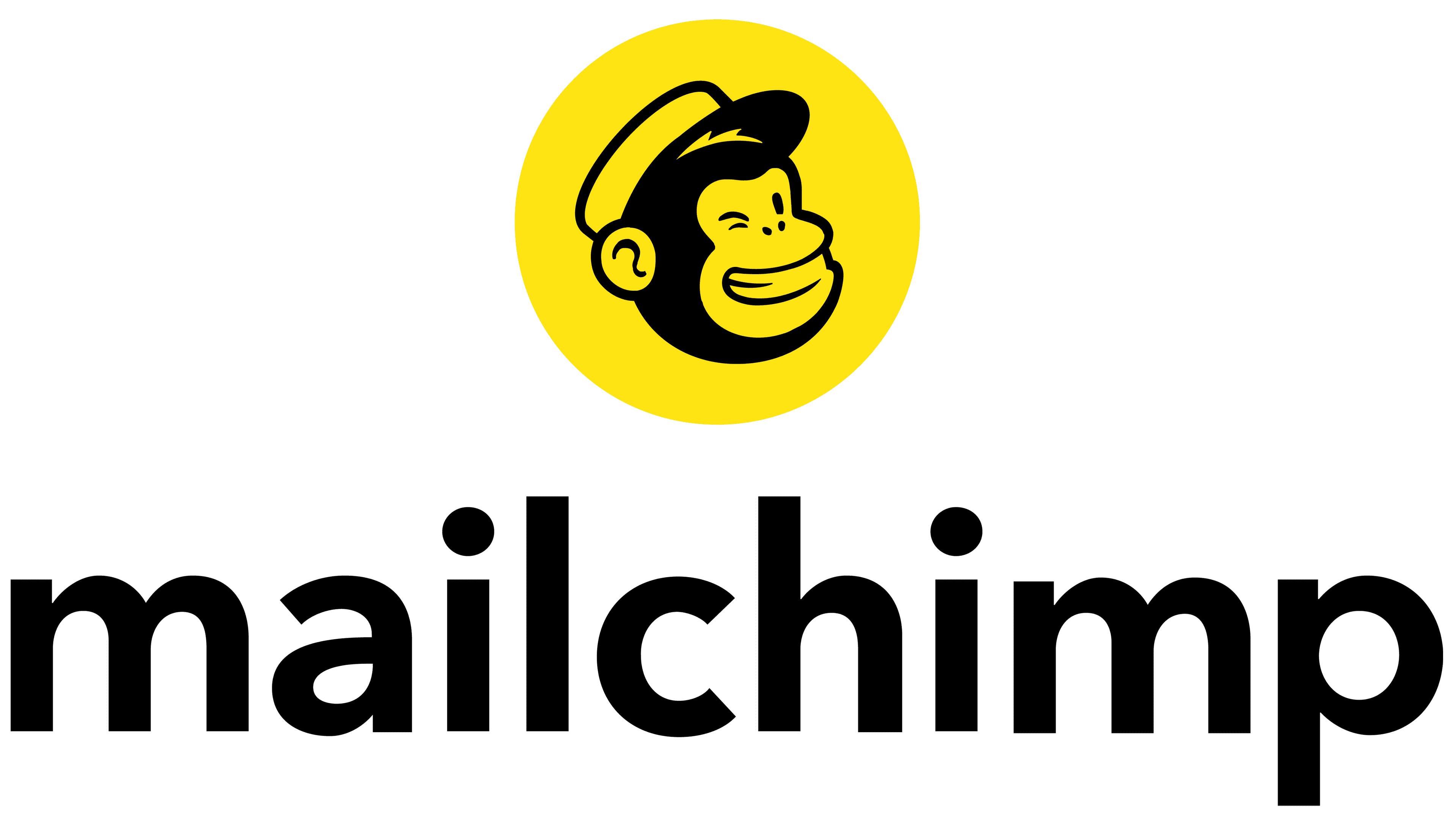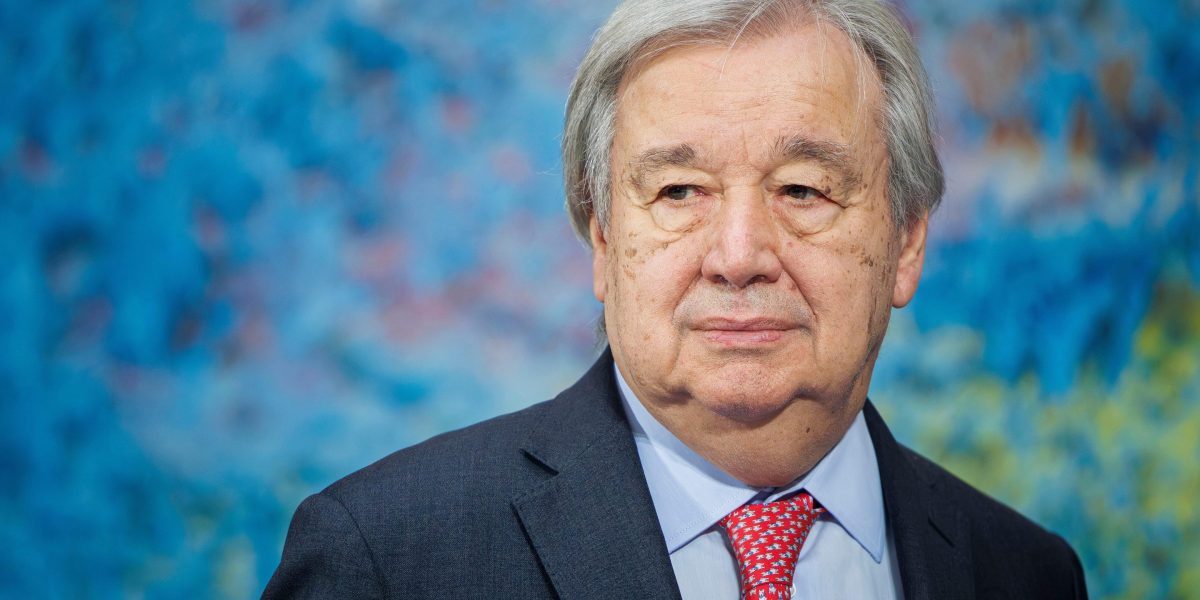Paris-based ArcaScience, the AI healthtech startup, has raised $7M (approximately €6M) in a seed funding round led by The Moon Venture, with participation from Pléiade Venture, Plug&Play Ventures, Bpifrance, and AKKA Technologies.
Contentlockr
This is ArcaScience’s first institutional funding round, following a €1.3M pre-seed raise with Plug & Play Ventures and angel investors.
Fund utilisation
The funds will be used to expand operations in the US and UK and create a new standard for drug evaluation.
“ArcaScience is built to meet U.S. regulatory expectations: we already operate to EU‑grade standards, we never take custody of client data, and the majority of our customers are already in the U.S,” says Romain Clement, founder of ArcaScience, to Silicon Canals.
Clement further clarifies that their software operates within each client’s private SaaS/cloud environment, meaning they do not host client data. Instead, they connect stakeholders within the client’s environment and can generate privacy-preserving synthetic data from the client’s datasets, ensuring that sensitive data remains under the client’s control.
“We have a proven footprint in this market. About 80 per cent of our client portfolio is U.S.‑based, demonstrating that our approach already works within U.S. healthcare workflows and regulatory expectations,” says Clment.
The capital will also help the company launch its first patient-facing solution, focusing on pediatric brain cancer and skin diseases.
Additionally, the money will be used to hire a Chief Medical Officer to help apply ArcaScience’s AI in clinical settings effectively.
Born out of personal experience
“ArcaScience was born from a deeply personal experience,” says Clement.
Founder Romain Clement was diagnosed with a form of brain cancer and experienced firsthand the healthcare industry’s inefficiencies in designing tailored treatments for individual patients.
After his remission, he took it upon himself to address the vast and numerous blind spots in how pharmaceutical companies evaluate the benefit-risk profile of new drugs.
“I realised just how many blind spots exist in the way pharmaceutical companies evaluate the benefit-risk profile of new drugs. The process of bringing a drug to market takes over 10 years, with a 90 per cent failure rate, and the average cost of a successful drug exceeds $2.3B. From a business perspective, it’s almost irrational-if it weren’t for the higher purpose of saving and improving lives, few would stay in this industry,” he explains.
According to Clement, the main challenges stem from efficacy and safety failures.
Here’s where ArcaScience comes in!
Founded to address this critical bottleneck in drug development, ArcaScience has pioneered the development of AI to radically improve benefit-risk assessments for pharmaceuticals & regulators, empowering both clinical teams and patients.
“Too many life-changing therapies never reach patients-not because they don’t work, but because decision-makers lack structured, comprehensive insights to properly evaluate them,” says Clement. “What are the true strengths and weaknesses of a drug being developed compared to what we already have, and for which patient is it the most efficient? We are answering these crucial questions.”
Generate benefit-risk analyses of drugs
ArcaScience is a health tech company that uses AI to transform unstructured biomedical data into benefit-risk predictions.
This helps pharmaceutical companies better evaluate drug candidates.
“We’ve developed a proprietary platform powered by multiple specialised AI models we have developed,” he says.
With its unique technology, ArcaScience is changing how clinical decisions are made, aiming to get safer and more effective drugs to patients faster.
The company’s platform combines 24 specialised AI models with a database containing 100 billion health data points.
Currently, ArcaScience has a team of eight collaborators and works with renowned institutions like the Brain Institute of Paris (ICM) and Inserm.
“Our mission is to transform how biomedical knowledge is accessed and used. Shockingly, about 90 per cent of available data never makes it into benefit-risk evaluations. We aim to change that by empowering clinicians, regulatory affairs specialists and safety specialists across the full spectrum of the drug lifecycle, all the way down to patient advocacy, with clear, evidence-based insights,” adds Clement.
Focus on dermatology and pediatric brain cancer
The platform has been used by over 70,000 patients with chronic skin diseases. It is also being adopted by clinical and safety leaders to reduce risks in clinical trials and improve drug development.
“We’re building a patient‑centric evidence engine that turns global medical data into clear, traceable choices for a specific pathology. Dermatology and pediatric brain cancer are our first proving grounds. It is a strategic focus, not a technical limit,” says Clement.
When it comes to dermatology, Clement says that asdermato.ai demonstrates their ability to generate near-instant benefit-risk analyses across the field, positioning them alongside established players like Wolters Kluwer and Elsevier, but with patient-specific, explainable outputs.
ArcaScience aims to ensure that children can access therapies already available to adults by guiding these treatments through successful clinical trials.
“For families, we deliver plain‑language biomedical insights, and the full extent of all the knowledge about their pathology ever produced and reviewed by mankind; for clinicians, a transparent dashboard fed with AI, with all the data sources accessible in one click. And we validate with leaders including Sanofi, AstraZeneca, and Institut Gustave Roussy to keep the science rigorous and the impact real,” he adds.
How do pharmaceutical companies benefit?
Talking about pharmaceutical companies adopting AI, Clement says, “We’ve actually been met with strong enthusiasm from both patients and major healthcare organisations.”
This is due to the urgent need for clarity in benefit-risk assessments.
Additionally, Clement cites that the company’s technology has a proven track record and has been selected by the French government during COVID-19 and used to optimise drug pipelines for major global pharmaceutical companies.
“Most importantly, we’ve remained laser-focused on one core mission: transforming decision-making through streamlined benefit-risk prediction. That focus has made us both credible and reliable,” he adds. “Our partnership with Sanofi exemplifies our impact; our platform enabled them to analyse benefit-risk using nine times more insights and drastically reduced a process that usually takes 18 months to just seconds.”
Since then, the company has expanded its reach to over 70,000 patients and partnered with more than 10 pharmaceutical leaders.
In 2024, it achieved a remarkable 350 per cent revenue increase while focusing on bringing safer drugs to market and improving the accuracy of clinical trials.
Tackling ‘bias’ in healthcare
According to Clement, the French company addresses bias on three fronts — data, design, and discipline.
In terms of data, the organisation claims to have the most representative benefit-risk database in the world. This database is formed from trials, guidelines, and real-world evidence, enabling analyses that contain a wide range of patient groups.
On the design front, their models are trained to detect and interpret benefit–risk parameters without using a group’s origin in the prediction itself.
“We block known proxies, enforce fairness constraints, and calibrate results across subgroups so performance and recommendations remain stable for different ages, sexes/genders, ethnicities, geographies, and comorbidity profiles, whilst being able to clusterize any kind of subgroup of patients to reinforce existing clinical trials,” he adds.
Most importantly, each output is provided with traceable citations and subgroup analyses (such as Number Needed to Treat/Number Needed to Harm and safety signals) so clinicians can see how recommendations perform in different populations.
The company claims to maintain accountability through a patient advocacy and clinical advisory process.
“Fairness isn’t a filter we add at the end—it’s built into the data we aggregate, the way the models reason, and the way we validate and update them, so families from diverse backgrounds get equally reliable, transparent guidance,” he explains.
Moving forward
The French company aims to transform the drug development process, which has remained largely unchanged for decades.
“In 5 years, I see ArcaScience shifting the way we prioritise and develop drugs, posing as a new global standard for both the industry and regional authorities and fast-tracking thousands of drugs to patients,” concludes Clement.




















